Scabs On Face: 5 Easy Home Remedies For Faster Healing
Learn what causes those pesky marks on your face and how to treat them.
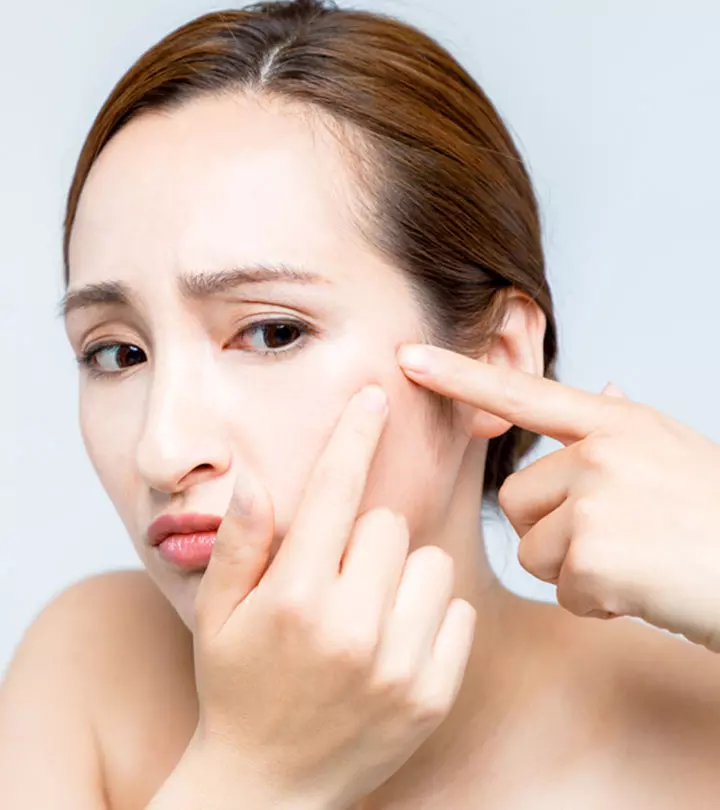
Image: Shutterstock
When we get a cut or wound, the body’s natural healing process comes into play immediately. It rushes tissues and blood cells to the site to form a clot over the wound, resulting in a crusted coating known as a scab. A scab stops the bleeding and forms a safe coat over the wound to keep it protected from germs and dust until the wound heals (1).
While the scabs need to run their course for a wound to heal, scabs on face might seem quite unsightly. In the sections that follow, let’s have a look at what might cause scabs on your face and what to do to heal facial scabs.
In This Article
What Can Cause Scabs On The Face
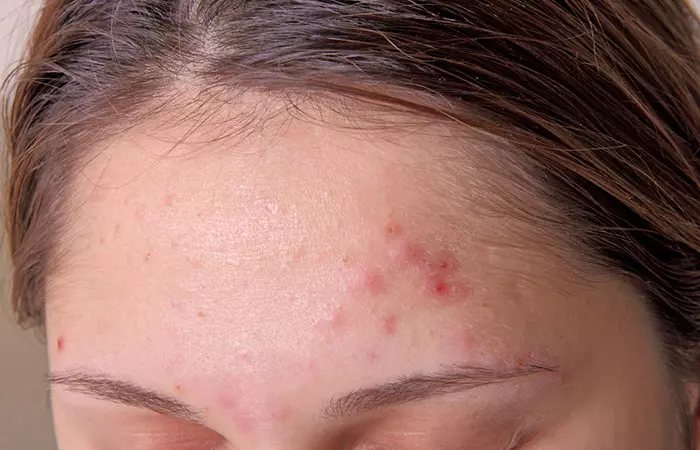
- Acne And Pimples
While acne and pimples on the face are quite common and harmless skin conditions, touching or picking on those might lead to scabs on the face. When poked or irritated, these might burst open resulting in a scab formation thereafter. These scabs often lead to scarring as well.
- Injury
If you happen to get a cut or bruise on your face by some accident, scabs tend to form to help heal these faster (2). Also, burns and blisters may lead to scabs in the natural healing process.
 Quick Tip
Quick TipFace waxing can also cause skin inflammation and burn accidents that can lead to scabs during the healing process.
- Infections
Some bacterial or fungal infections might make your facial skin breakout and scab over in reaction. Viral infections like cold sores and chickenpox also lead to blisters and scabs as they run their course.
According to the WHO report, human scabies is estimated to affect 200 million people at any one time. The prevalence of this parasitic infection among children is estimated to be between 5%-50%.
- Bug Bites
Certain bug bites, even if not dangerous, can cause a wound, inflammation, or tissue injury on your face (3). These then scab over to protect the same.
- Allergic Reactions
Sometimes with a change of place and weather, your skin might break into an episode of rash or acne reacting to the heat and humidity (4). Often, dry and cold places might aggravate conditions like dermatitis, rosacea, eczema, and skin allergies and might lead to irritation, itching, scratching, and scabs later on.

Sometimes these scabs can also itch. Though it may not be the same for everyone, you must be careful not to scratch them. Scroll down to the next section to understand why scabs itch in the first place.
Key Takeaways
- A scab is the crusted coating that forms on your wound to protect it from further infection.
- An injury, acne, or an allergic reaction to weather may cause scabs on your face.
- You can use a hot or cold compress and moisturize your skin well to allow your scabs to heal naturally.
- You must keep the wound clean and keep it lightly covered to avoid scraping and speed up the healing process.
Why Do Scabs Itch?
During the wound-healing process, the epidermis (outer skin layer) reseals the skin through coordinated communication between different cells, releasing certain proteins and signaling molecules (chemical messengers). These substances attract immune cells that directly stimulate the sensory neurons (nerve cells for feeling), causing itching (5).
Nerves in the skin are sensitive to chemicals like histamine (inflammation-causing chemical), which the body releases after an injury. Histamine helps skin cells regenerate but can also cause allergic reactions such as itching (6). It is important to resist the urge to scratch that itch to prevent scarring the skin.
While you might have the urge to get rid of a scab as soon as you find one, you must be careful about not picking on or touching one repeatedly as that might slow down the healing process and lead to infections, blemishes, and scarring instead. Further in this article, let’s see how you can get rid of scabs on your face in a better way and explore how to remove facial scars effectively.
How To Heal Scabs On Face
Home Remedies For Scabs On Face
- Let The Scab Remain Untouched
The best way to get rid of a scab is to just let it run its course. While a scab heals, it tends to get itchy and uncomfortable (7). Still, you should try and avoid touching it as it would otherwise hamper the healing process. Repeated picking on the scab might aggravate the wound and lead to unnecessary infections and potentially even worsen the scab. Just airing the scab and giving it some time to fall off on its own would help get rid of it easier.
- Moisturize Well
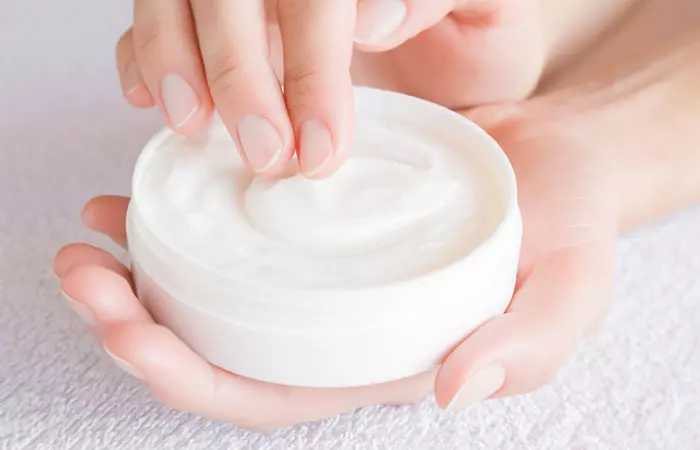
A scab on the face, just like anywhere else, tends to dry up and become itchy. Keeping it well moisturized would reduce any discomfort and help it blend back into the skin faster. While you can use some natural oils with antibacterial properties or any non-comedogenic moisturizer, petroleum jelly is very effective for the same (8).
- Sunscreen
Sun, heat, and humidity can irritate and worsen your facial scabs and delay the healing process. Applying sunscreen regularly gives an added layer of protection against the same and will prevent hyperpigmentation after the scab heals (9).
- Avoid Makeup
When your face is breaking out into acne and pimples, with all the scabs and acne scars, applying makeup can irritate your skin. You should especially avoid any contact at the spot of the scab and the skin around it. You should also be careful not to scrub or scratch the scabs while removing any makeup.
- Hot And Cold Compress
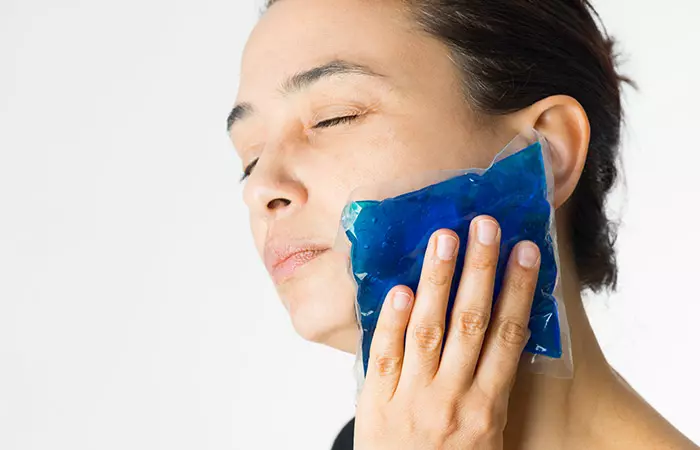
While a hot compress improves blood circulation and accelerates the healing process, a cold compress helps reduce the pain, swelling, and itching of the wound (10). You can alternate between the two to help ease the discomfort as and when required.
In addition to home remedies for healing facial scabs, visiting a dermatologist for personalized treatment is a good idea. They might recommend specialized creams or medicated options, like topical steroids, to speed up the healing process and reduce irritation. This approach can help if your scabs aren’t improving with home care or causing significant discomfort.
 Quick Tip
Quick TipUse gentle cleansers and avoid scrubbing the scab while cleansing.
Usually, you would not have to worry about any adverse effects when it comes to facial scabs. But if you find any other symptoms like fever and chills, worsening redness and swelling, or pus formation accompanying the facial scabs, it could be a sign of possible infection. You might then require medical consultation and the following treatments might be prescribed. Keep reading to learn more about facial scab treatment tips.
Medical Treatment
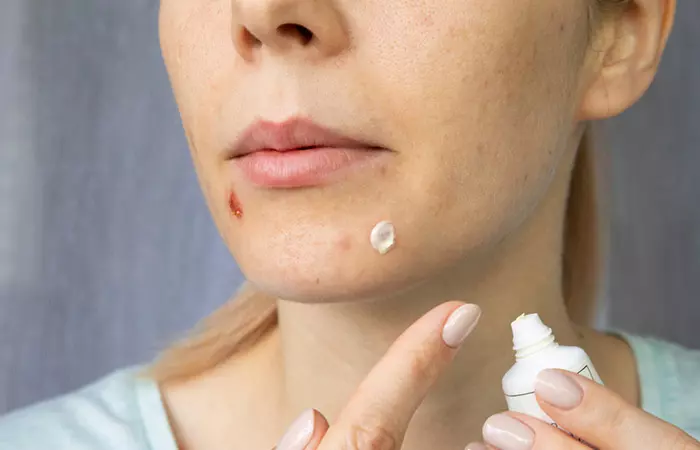
Your health practitioner, after investigating the scabs can recommend the appropriate line of treatment to help the wound heal better.
- Topical Ointments (11)
- Chemical Peels (12)
- Oral Antibiotics (13)
- Light Therapy (14)
Though the above remedies can help you deal with scabs on face effectively, it is always better to prevent a scab in the first place.
Preventive Measures
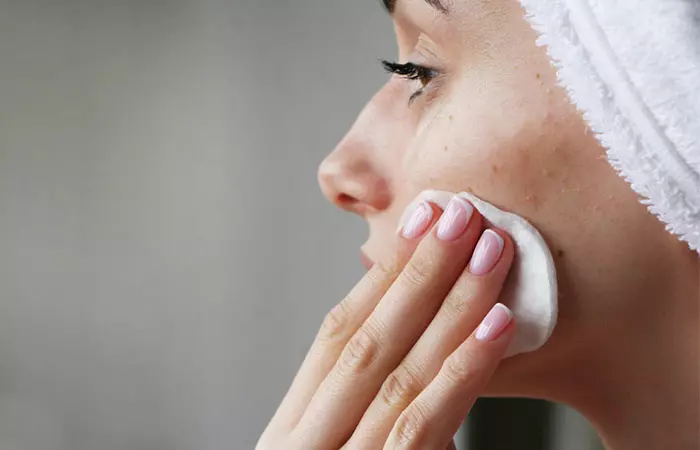
- If your wound is still fresh or the scab is just beginning to form, you need to be careful about your movements.
- While you need to keep your hands and hair away from your face, you might also want to keep it lightly covered to avoid scraping it off accidentally.
- If you are involved in any active sports or recreational activities, try to keep the wound away from sweat and dust.
- Keeping the site of the wound clean and hygienic helps accelerate the healing process. Hence, choose mild cleansers that don’t irritate your skin.
- Skip strong scrubs or harsh exfoliators to avoid further damage to your skin.
- Drink enough water to keep your skin soft and supple.
Infographic: 6 Simple Ways To Facilitate Facial Scab Healing
Scabbing occurs when the skin is trying to heal a wound. While scabs are not serious and usually heal on their own, they could be particularly concerning when it’s on the face. Whether the facial scab is caused by an allergic reaction to a skin care product or a popped pimple, you can help your skin heal the wound faster by taking some simple measures. The infographic below lists some ways you can follow. Take a look.
Illustration: StyleCraze Design Team
Scabs on your face can develop due to injury, pimples, bug bites, allergic reactions, or infection. It is the body’s way of protecting the injured area from further infection by forming new skin on the site of injury. While the urge to pick at your scab is tempting, it is important to avoid doing so to prevent scarring or infection. This is where you can use simple home remedies to speed up the healing process. Moisturizing your skin well, not putting on any makeup, and applying a hot or cold compress will allow your scab to heal properly. If you notice any signs of infection, consult your doctor for further treatment.
Frequently Asked Questions
How do you get rid of a scab on your face overnight?
It may not be possible to get rid of a scab on the face overnight. However, applying warm compress may soften it and make it fall off within hours, according to anecdotal evidence.
Do scabs heal faster, dry or moist?
Wounds heal faster when they are kept moist. Similarly, scabs may heal quicker and fall off sooner when the area is kept moisturized. Keeping the scab dry may also cause discomfort and itchiness.
Can I put Neosporin on a scab?
Yes, neosporin may be applied on a scab. Being an antibacterial ointment, it may facilitate the healing process and speed-up recovery.
Is aloe vera good for scabs?
Yes, it is good to put aloe vera on scabs. It may help speed up the healing process and keep the scab moisturized.
Do you want to know how to heal a pimple scab quickly and easily? Watch this video to know more and get your skin looking smooth again.
References
Articles on StyleCraze are backed by verified information from peer-reviewed and academic research papers, reputed organizations, research institutions, and medical associations to ensure accuracy and relevance. Read our editorial policy to learn more.
- Cellular Mechanisms Of Skin Repair In Humans And Other Mammals
https://www.ncbi.nlm.nih.gov/labs/pmc/articles/PMC4882309/ - Checklist For Factors Affecting Wound Healing
https://journals.lww.com/aswcjournal/fulltext/2011/04000/checklist_for_factors_affecting_wound_healing.10.aspx - Insect Bites
https://www.ncbi.nlm.nih.gov/books/NBK537235/ - Allergic Contact Dermatitis: Overview
https://www.ncbi.nlm.nih.gov/books/NBK447113/ - Scratching Beyond the Surface of Itchy Wounds
https://www.cell.com/immunity/fulltext/S1074-7613(20)30323-X?_returnURL=https%3A%2F%2Flinkinghub.elsevier.com%2Fretrieve%2Fpii%2FS107476132030323X%3Fshowall%3Dtrue - Histamine-induced itch and its relationship with pain
https://www.ncbi.nlm.nih.gov/pmc/articles/PMC2519061/ - Pruritus Of Healing Wounds: Why “Scabs” Itch
https://www.longdom.org/open-access/pruritus-of-healing-wounds-why-scabs-itch-2155-9554-1000333.pdf - Proper Wound Care: How To Minimise A Scar
https://www.aad.org/public/everyday-care/injured-skin/burns/wound-care-minimize-scars - Postinflammatory Hyperpigmentation
https://www.ncbi.nlm.nih.gov/books/NBK559150/ - How To Relieve Itchy Skin
https://www.aad.org/public/everyday-care/itchy-skin/itch-relief/relieve-uncontrollably-itchy-skin - Ointment vehicles regulate the wound-healing process by modifying the hyaluronan-rich matrix
https://pubmed.ncbi.nlm.nih.gov/30252184/ - A Practical Approach To Chemical Peels
https://www.ncbi.nlm.nih.gov/labs/pmc/articles/PMC6122508/ - Trends In Oral Antibiotic Prescription In Dermatology 2008 To 2016
https://pubmed.ncbi.nlm.nih.gov/30649187/ - Light-Based Therapies In Acne Treatment
https://www.ncbi.nlm.nih.gov/pmc/articles/PMC4439741/ - Immunonutrition: Role In Wound Healing And Tissue Regeneration
https://www.ncbi.nlm.nih.gov/labs/pmc/articles/PMC3900114/ - Sleep And Muscle Recovery: Endocrinological And Molecular Basis For A New And Promising Hypothesis
https://pubmed.ncbi.nlm.nih.gov/21550729/
Read full bio of Dr. Schwarzburg
Read full bio of Eshna Das
Read full bio of Anjali Sayee
Read full bio of Swathi E






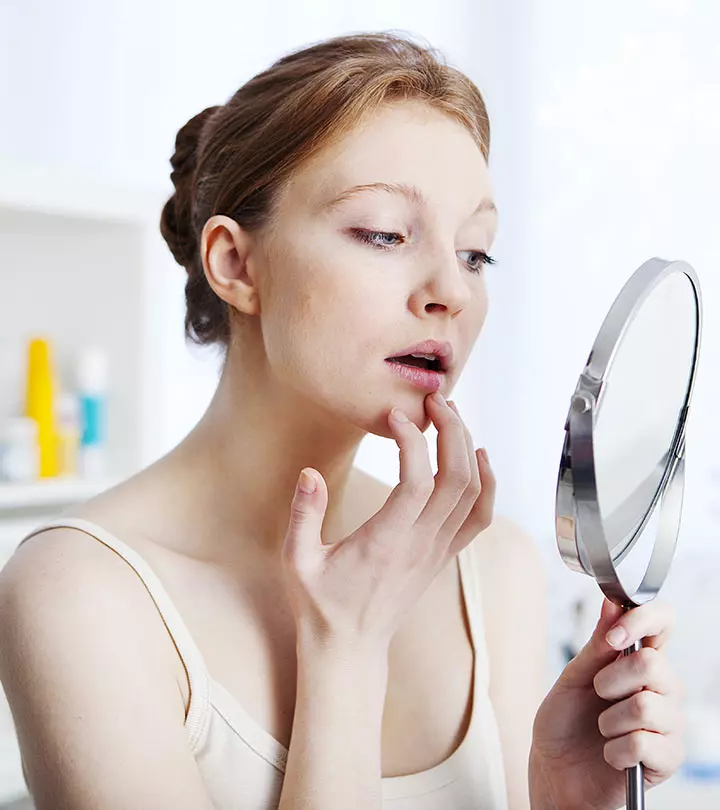
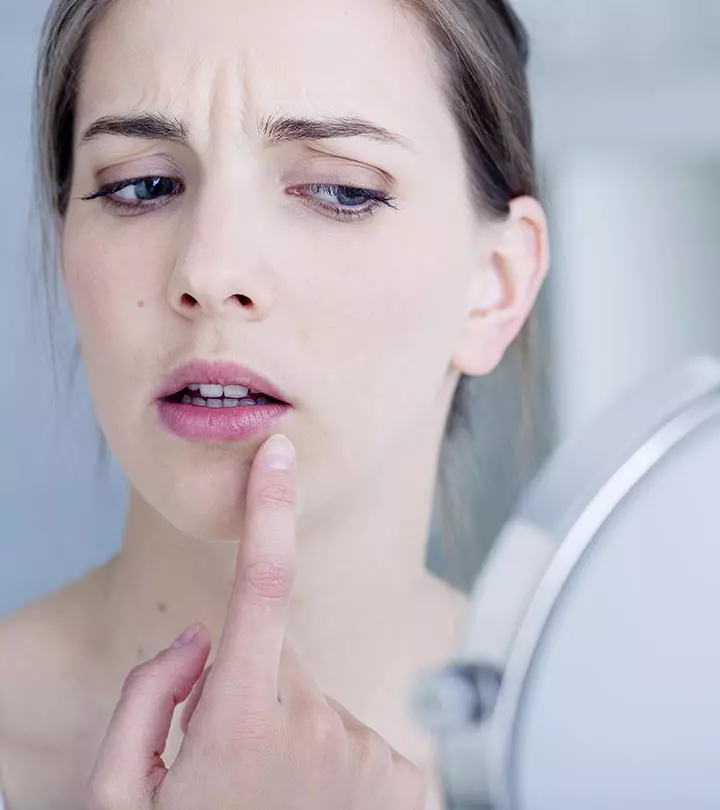
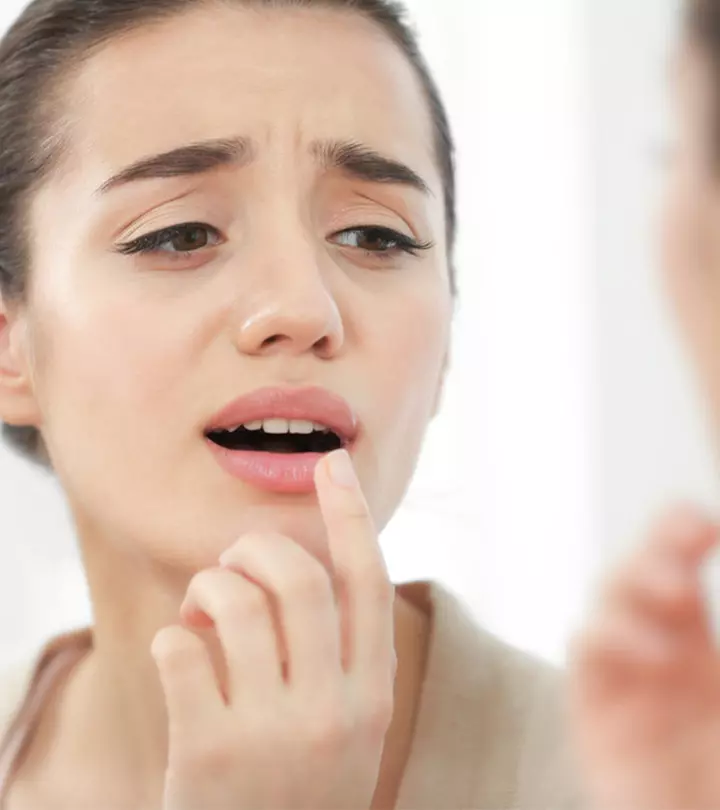
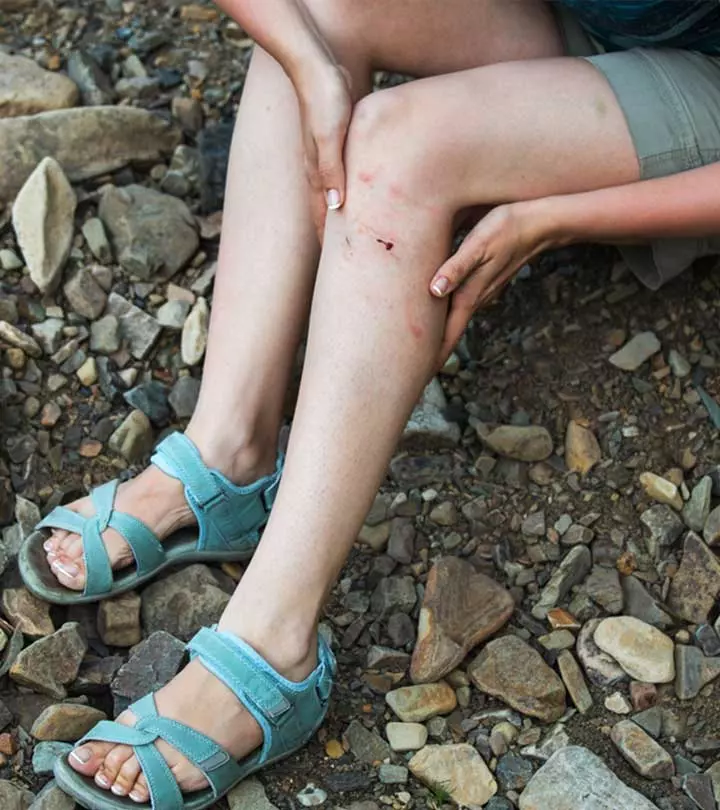
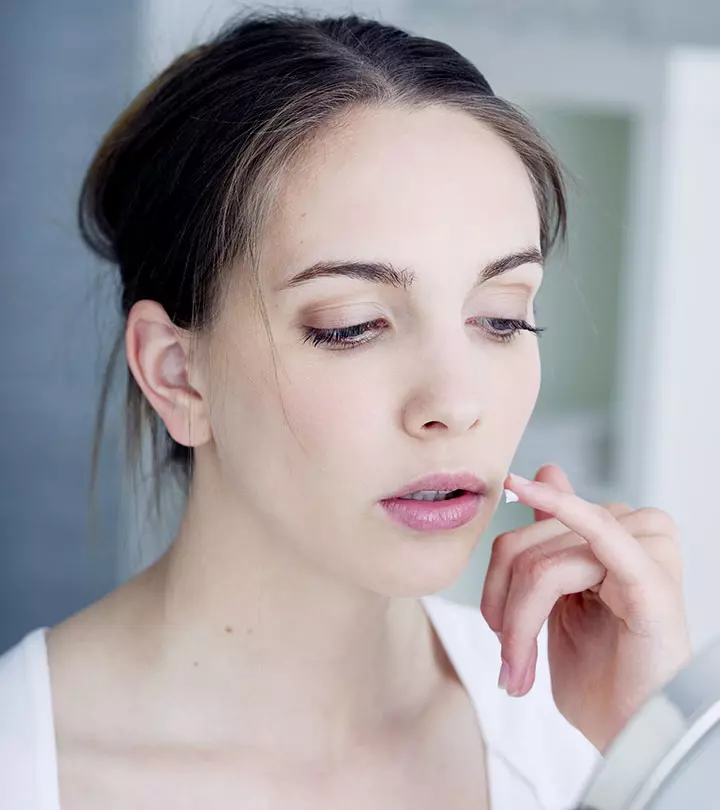
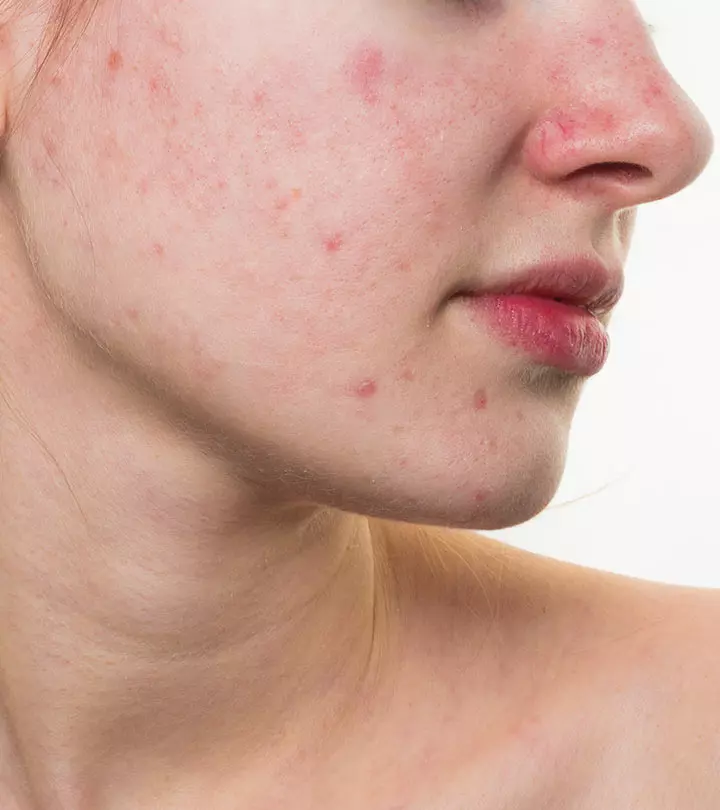
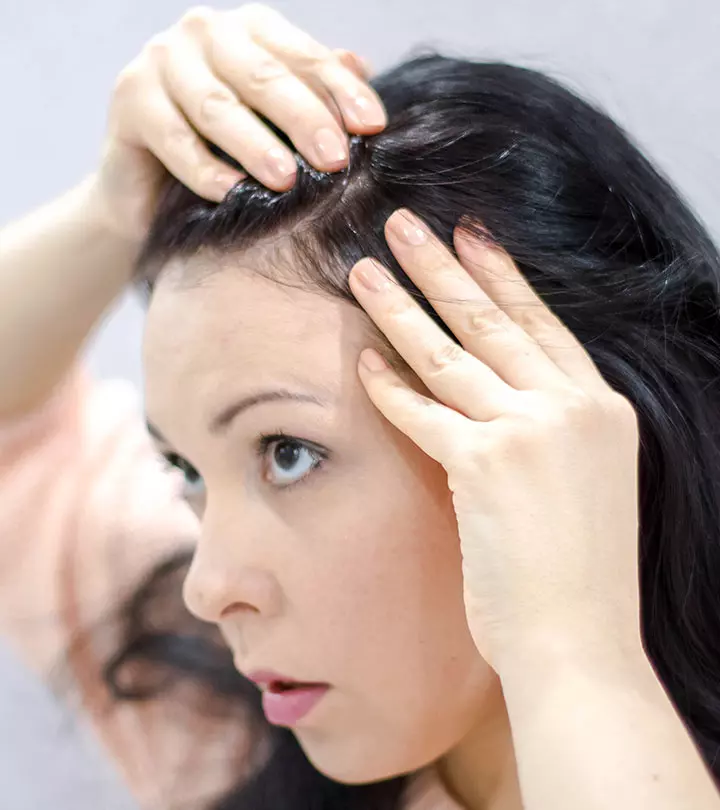
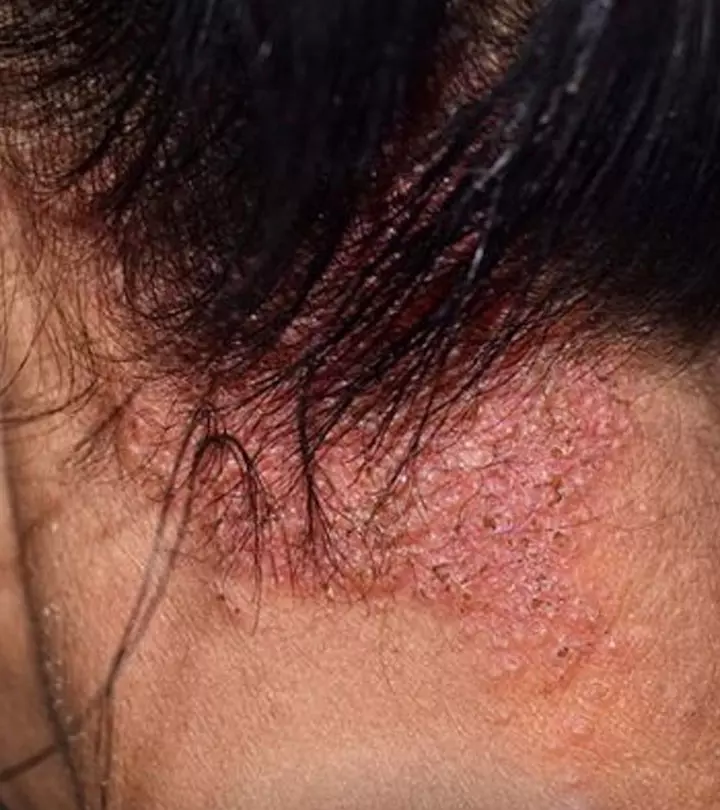
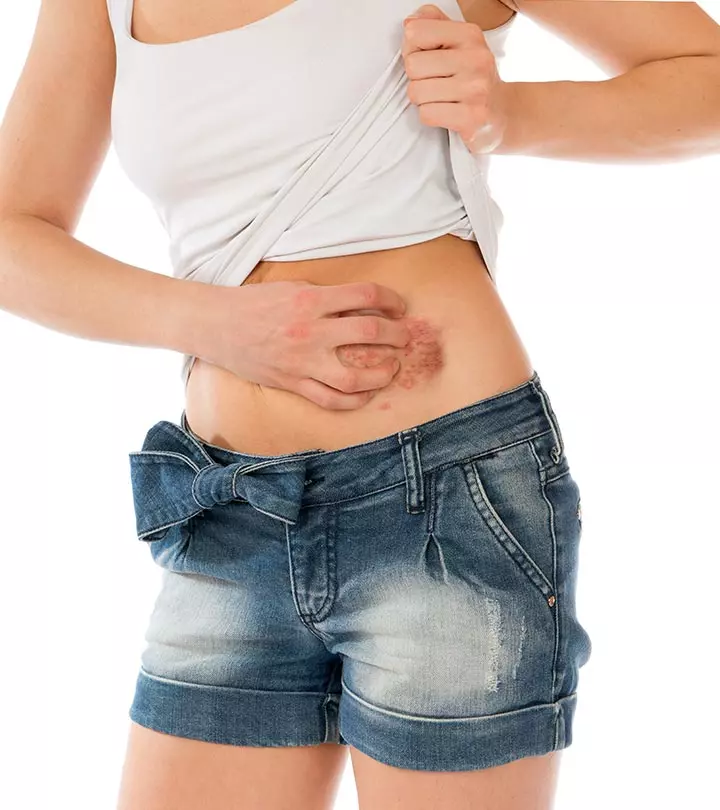


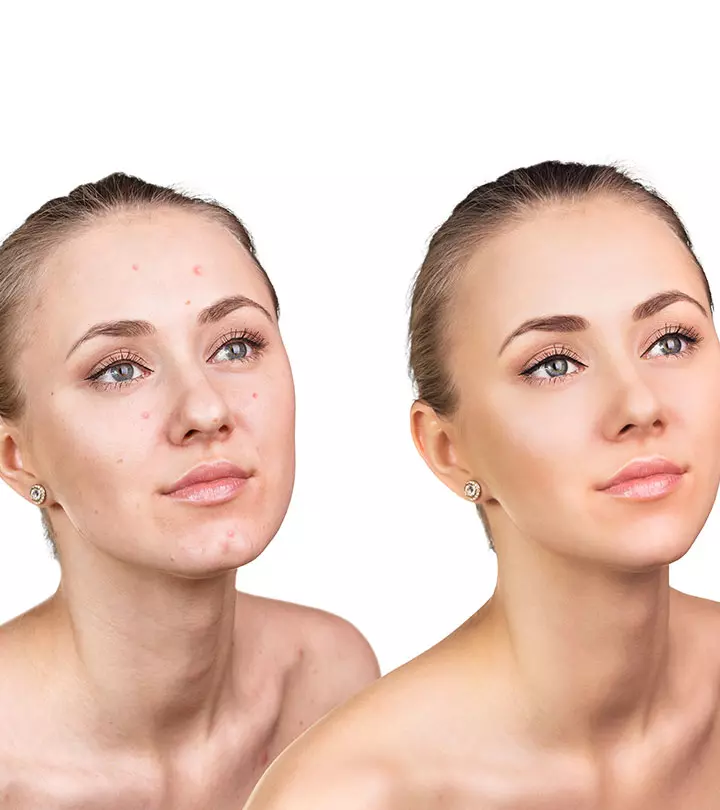
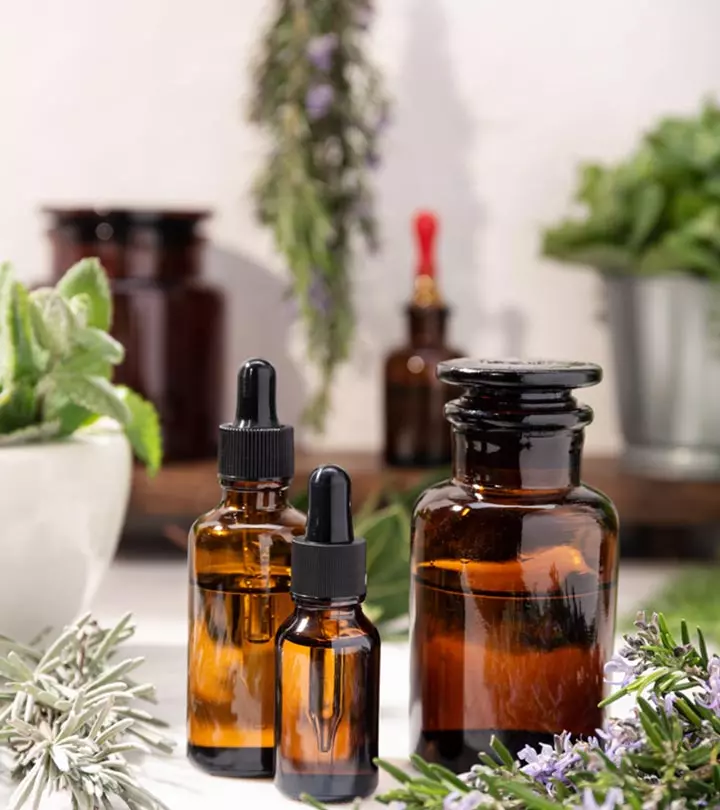

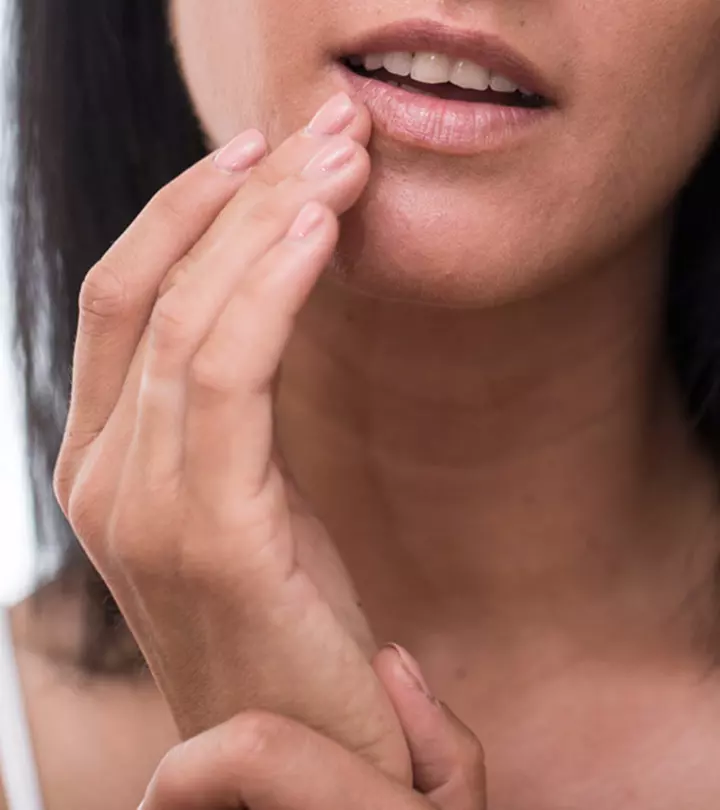
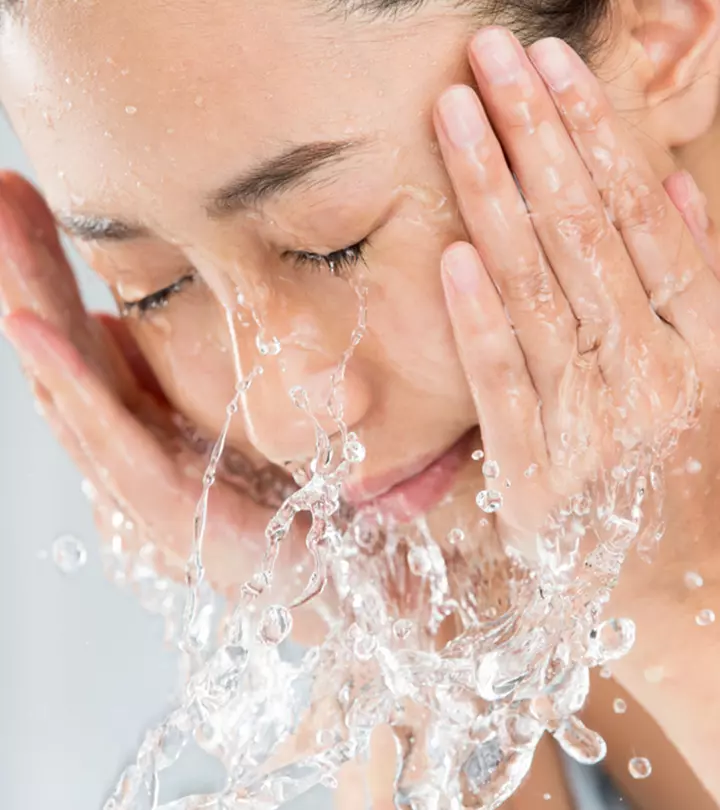
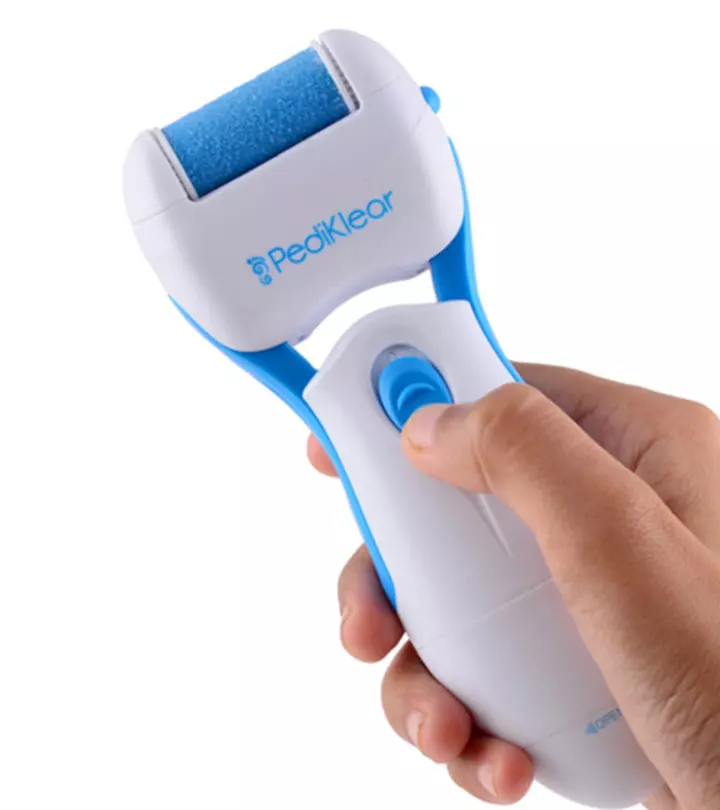
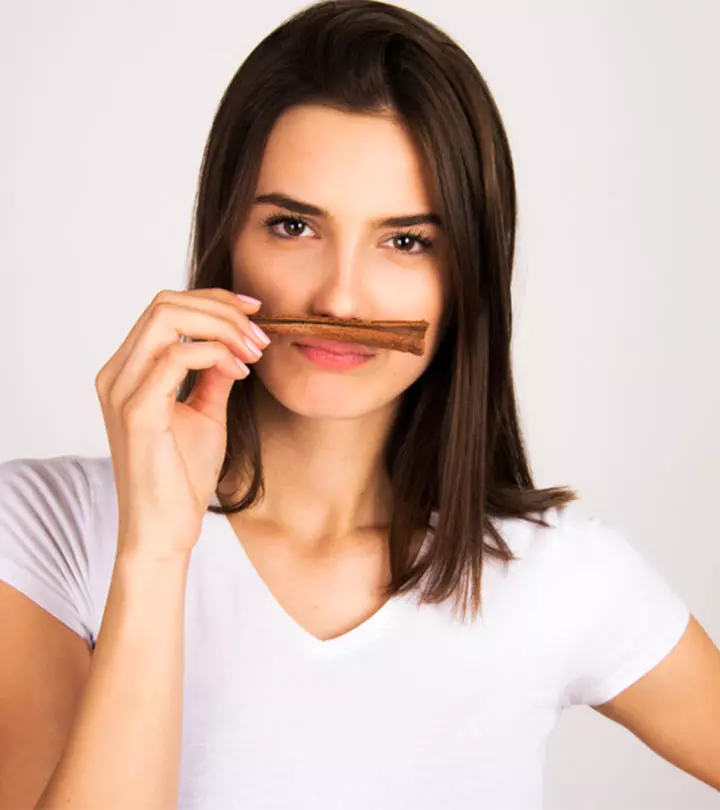
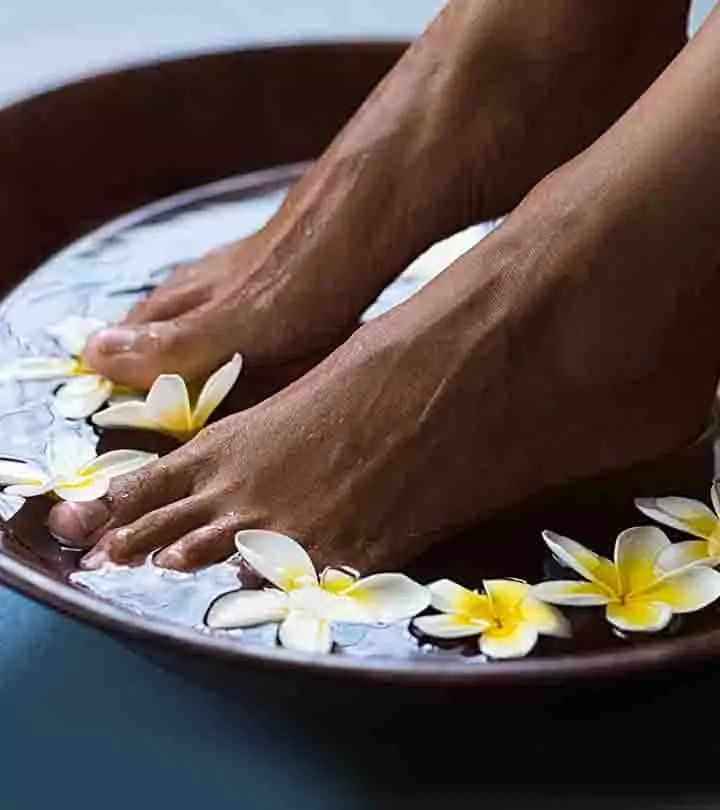
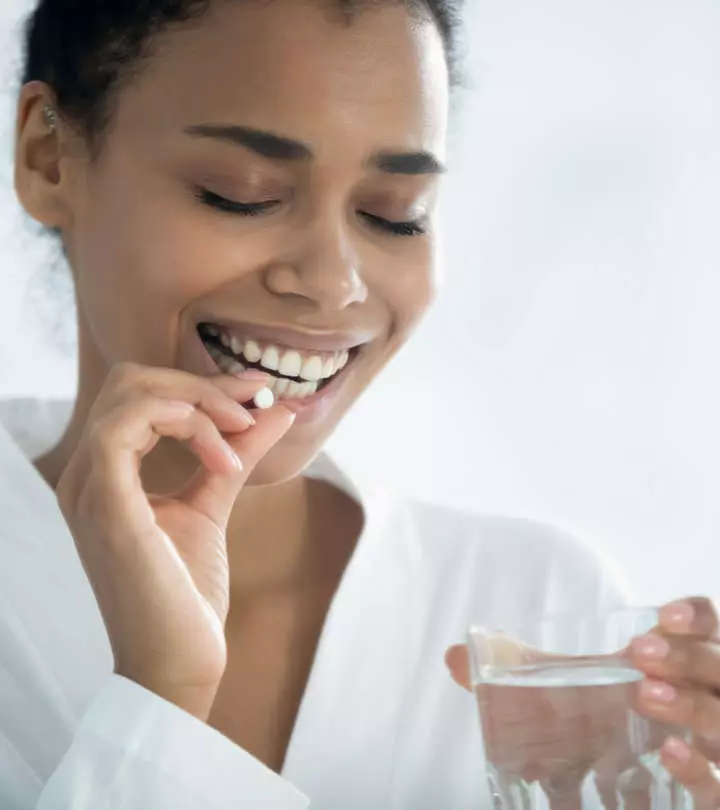

Community Experiences
Join the conversation and become a part of our empowering community! Share your stories, experiences, and insights to connect with other beauty, lifestyle, and health enthusiasts.